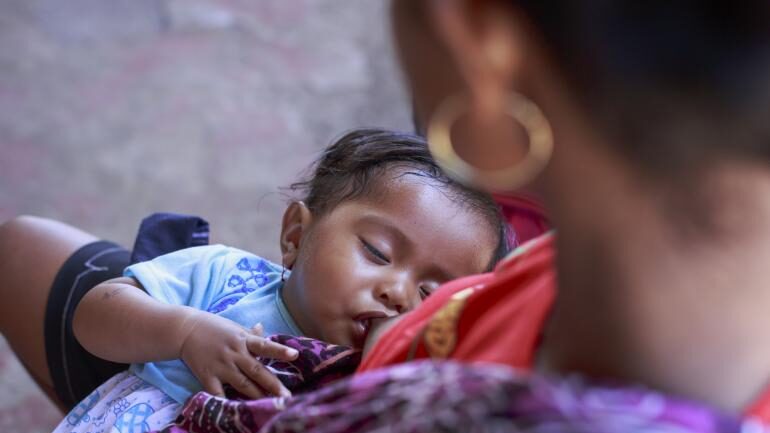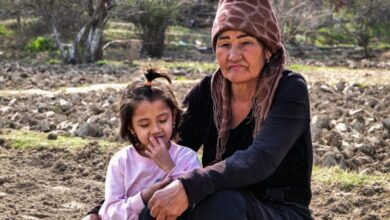
Breastfeeding rates are improving all around the world thanks to policies and programs designed to facilitate the essential bonding activity between mothers and children, most notably in the workplace.
Over the last decade, the prevalence of exclusive breastfeeding has increased by 10%, reaching a global rate of 48%. Breastfeeding rates have largely grown in diverse countries like Cote d’Ivoire, the Marshall Islands, the Philippines, Somalia, and Vietnam.
This year’s World Breastfeeding Week theme is “Let’s make breastfeeding at work, work.” UNICEF and the World Health Organization are pushing for greater breastfeeding support in workplaces. When breastfeeding is protected, promoted, and supported, working mothers and businesses thrive. Indeed, when family-friendly workplace policies are in place, they generate economic returns by reducing maternity-related absenteeism, increasing the retention of female workers, and reducing the costs of hiring and training new staff. The goal is to reach a global rate of 70% by 2030.



